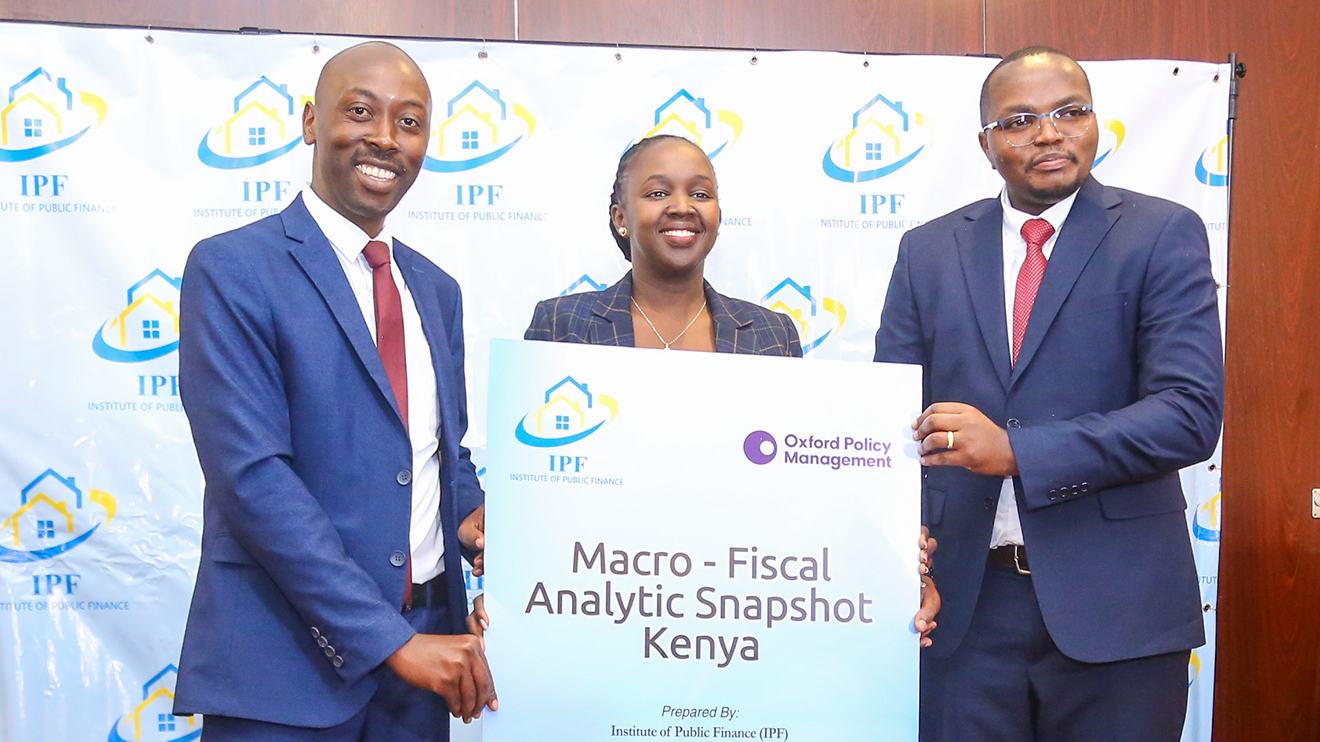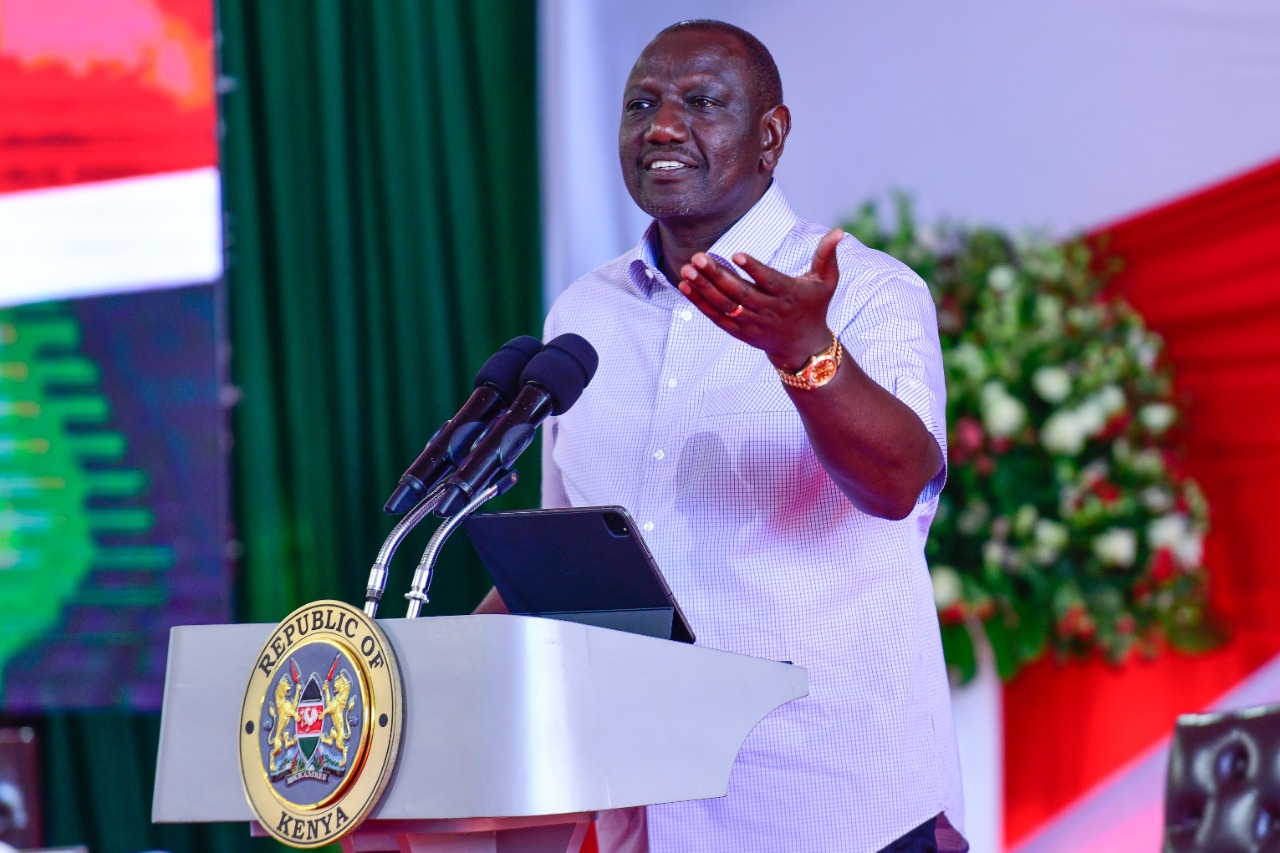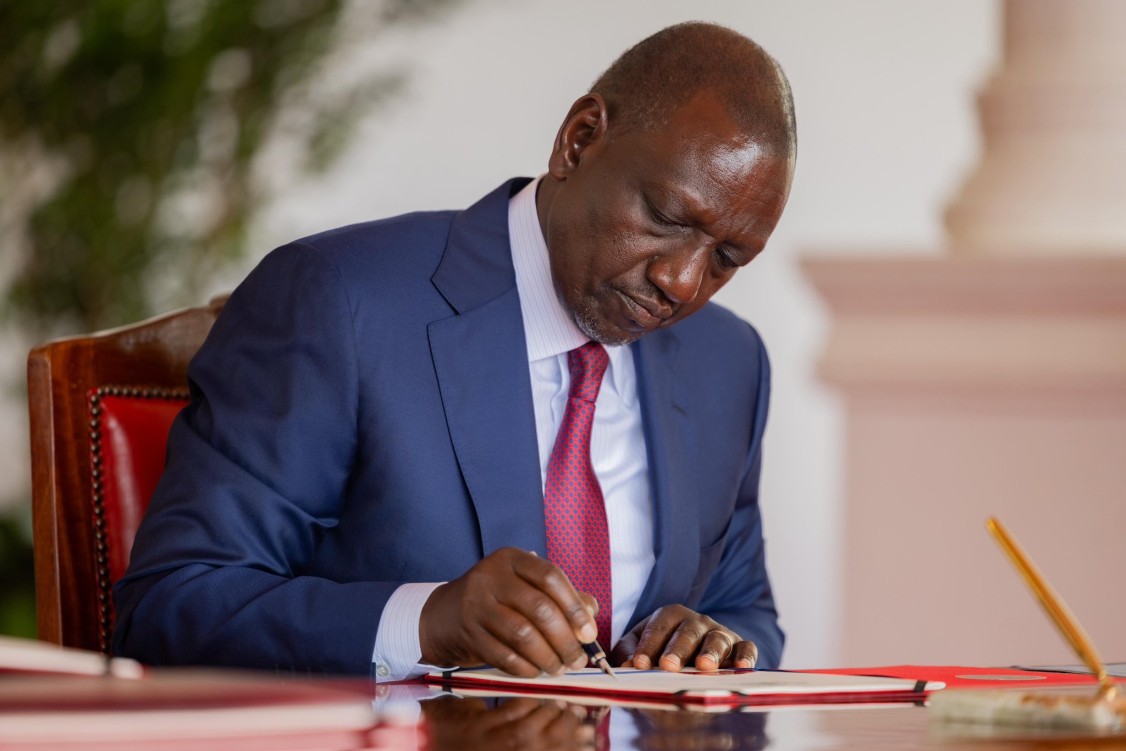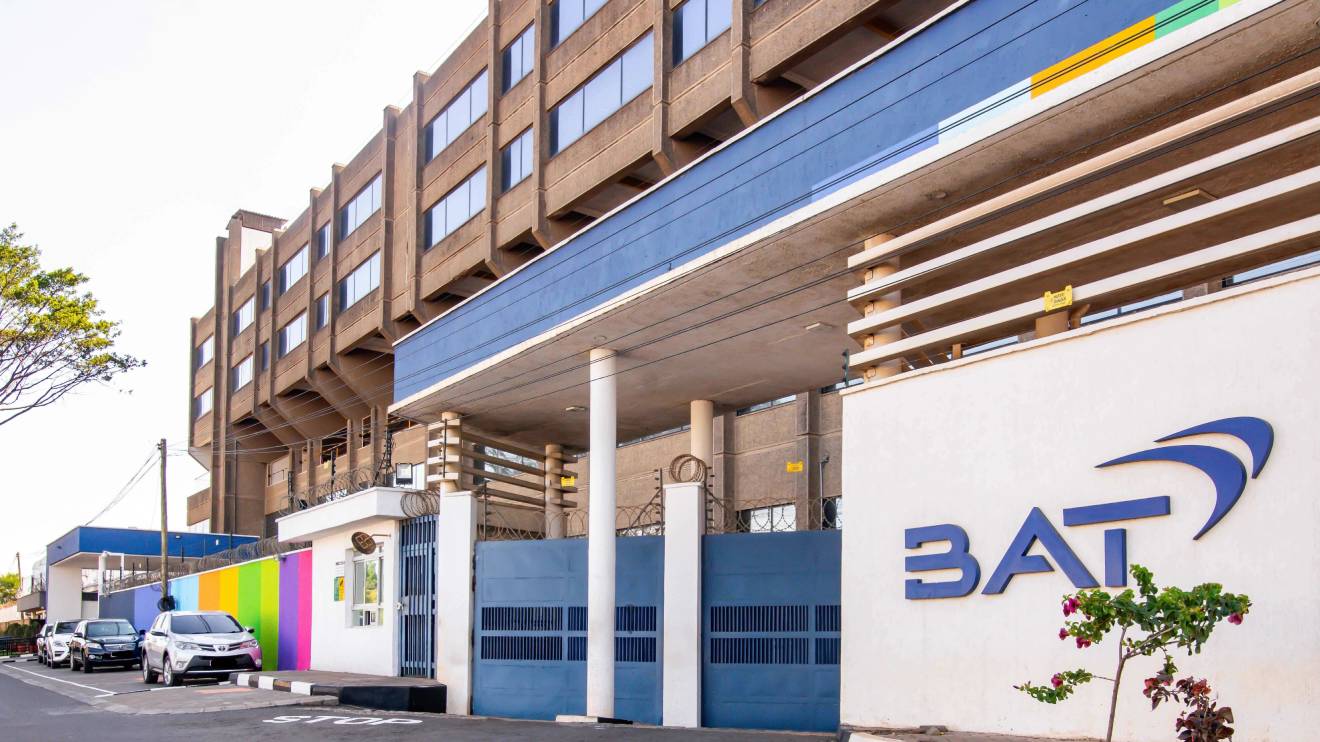Kenya’s economic growth is expected to slump in 2023 to a projected five per cent, owing to an insistent increase in commodity prices, global events and a high risk of debt distress.
This is based on findings by the Institute of Public Finance (IPF) in partnership with Oxford Policy Management (OPM) contained in the “Macro-Fiscal Analytic Snapshot 2022/23” report.
But the report notes that the economy can improve significantly if the government pays more attention to fiscal consolidation efforts, including reducing non-priority expenditures to grow investment and curb runaway inflation.
It also shows the deferment of fiscal consolidation in 2020 and 2021 made it hard to realise economic stability resulting in Kenya moving from “medium” to “high risk” of debt distress.
IPF CEO James Muraguri lauded the government’s efforts to tighten the fiscal policy but urged for more to be done to cushion Kenyans against runaway inflation, effects of the Russian-Ukraine war and depreciation of the Kenyan shilling against the US Dollar.
“The last two years saw the government set revenue and fiscal deficit targets that were overly ambitious. With limited buffers against external shocks, the government is finding itself in a tight spot as it tries to navigate the global tightening of the monetary policy and rising debt interest payments,” said Muraguri.
He added, “With this in mind, we expect a change in policy direction focusing more on fiscal policy coordination to address surging price levels, cushion citizens facing hunger and starvation and the successful distribution of subsidized fertilizer during the upcoming long rains.”
The report revealed that donor support fluctuated between 2016 and 2020 even as the total Official Development Assistance (ODA) disbursed increased from 12 per cent in 2017, to 21 per cent in 2019 and 24 per cent in 2020.
The report has attributed the increase to expanded assistance by donors to the education, health, WASH, production and the humanitarian sectors.

The report also noted a decline in support for the economic infrastructure and services sector post-pandemic, partly due to a change in commitment from the financing partners.
In that regard, Muraguri urged the government to shift from reliance on donors and create a domestic resource mobilisation strategy to bridge the budget gaps being experienced.
He said lower borrowing would create space for private sector credit and higher investment in health, agriculture and education sectors which are key pillars for long-term economic growth.
IPF noted that some of the key focus areas that might shape economic performance in the current budget cycle include; need to ease fiscal pressure through budgetary consolidation, harmonisation of revenue measures, level of debt distress, support to agriculture, health budgets reorganization and the performance of the 47 County Governments.
“Our projections point to some pain for the local Mwananchi especially in the shorter term as the government continues to implement its macro-stability agenda. Sustained poverty reduction and growth over the next few years is possible if the government makes good its intentions to support the manufacturing and export sectors,” concluded Muraguri.



-1751972163.jpg)





